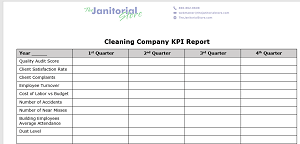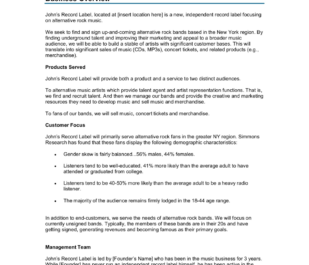The CRM process or the CRM software is what can help you grow your business in the best possible way. When it comes to supplementing globally with all the digital elements, you should consider adopting a CRM system that will organize your business and put the best at the forefront. Here are some reasons why you need a CRM implementation:
Organization: One of the most important things that happens when you invest in CRM software for your business is that you get the gift of an organization. Not only will all of your contact information be organized in databases to call specific functions by specific team members, but you will also have a more organized sales channel as all interactions will be recorded as well.
Professional Front: When you embrace CRM software, you end up creating a more professional front that helps you connect with people and achieve guaranteed conversions. This approach is also better, it allows for sending emails and other results that can help people see your brand as a trusted authority in their niche.
Automation: When running a business, you are not only looking to cover costs and make profits, but you are also looking to grow your business and grow. This means that you will have to take care of all those mundane and repetitive tasks which can also consume some of your time and skills. With the implementation of the CRM process, you will be able to automate many of these tasks so that you can easily manage your business and help it grow. leveraging your team’s time and bandwidth for core tasks that will drive conversions.
Besides the above, there are a number of other things that can also help you when using CRM software for your business. However, the challenge is to customize the CRM process in such a way that it really gives you the above benefits and more. So implementing CRM is one of the most important things here. Below, you can review these five steps to help you and your business fully implement CRM:
1. Find the right project manager
Before you start your CRM implementation cycle, it would be a good idea to find someone in the admin role who can understand your business goals, as well as the customer solutions you are good at. This will help to correctly identify the variables and fields for the actual operation of CRM systems. This will help improve the efficiency of your business and also help you create an effective CRM process that will keep your business running and running for the long term.
2. Know your reasons for implementing CRM
Before you implement a CRM implementation, you should clearly understand the reasons why you need it. This will help you a lot, as you will be able to clearly define the objectives, roles and databases that will be used for specific functions and tasks. within common CRM systems. When you implement such a CRM system, you can manage your team and business functions in a more organized and transparent way when they are parallel to each other.
3. Measure and analyze
This is arguably one of the most important things that can happen at the nascent and early stages of the CRM implementation process. When you continuously measure and analyze the efficiency and performance of your CRM software, especially in the early stages of implementation, you will be able to create a more efficient and change-filled system based on analysis and analysis. p10>
4. Structure of CRM systems
When setting up your CRM software, one of the very first steps will be the structuring phase, where you will need to organize the tasks, team members, databases and qualities that you expect from all. these elements. These elements should be structured with the correct fields and variables so that you can achieve results in line with the goals set by your business.
5. Identify groups and domains for CRM implementation
After you have implemented CRM software, you will need to determine which areas or departments or even groups in your business need CRM software. This will help you structure and build the right CRM process to run your business successfully. This will keep areas and departments organized in the CRM system.









































